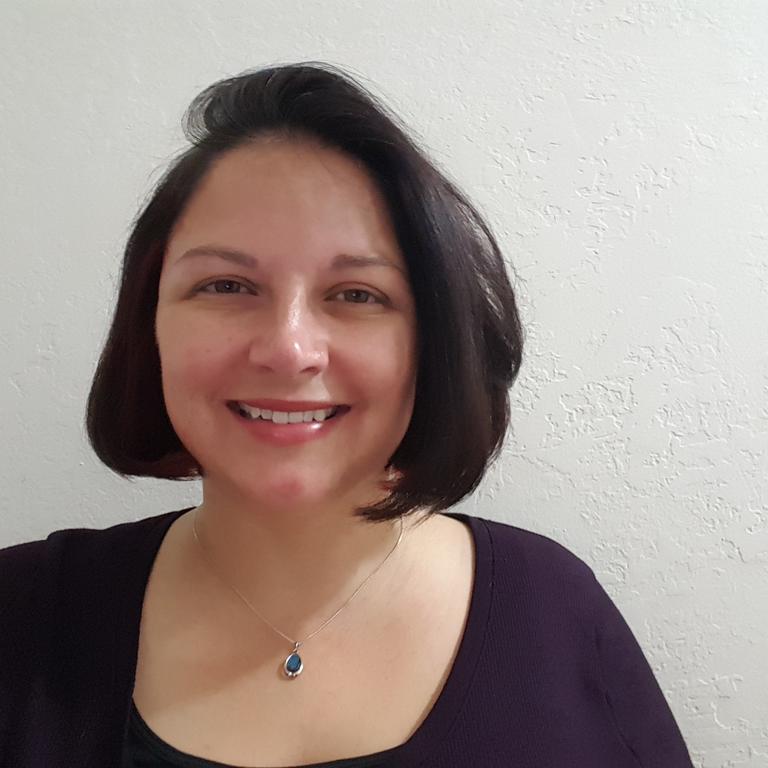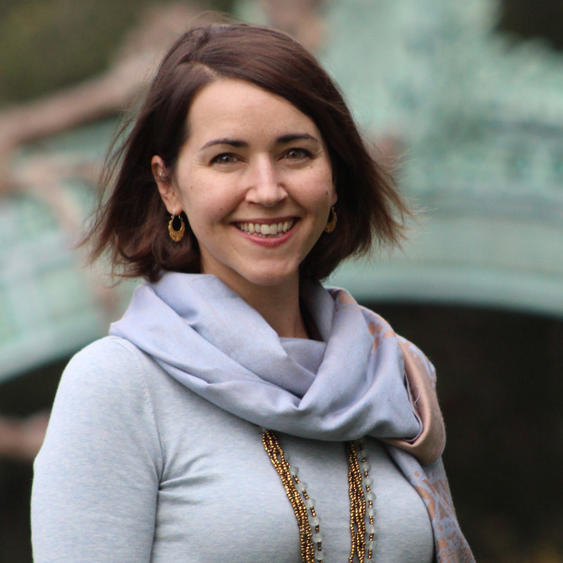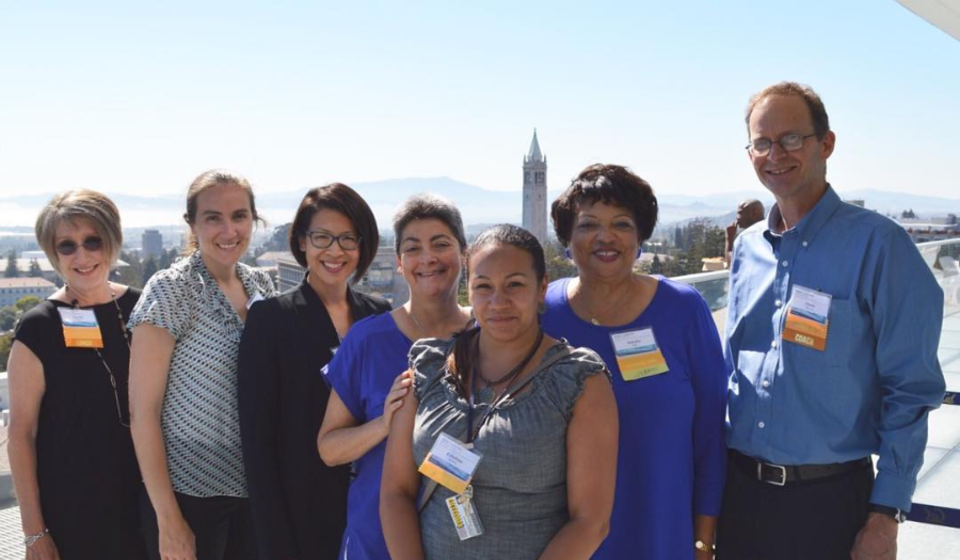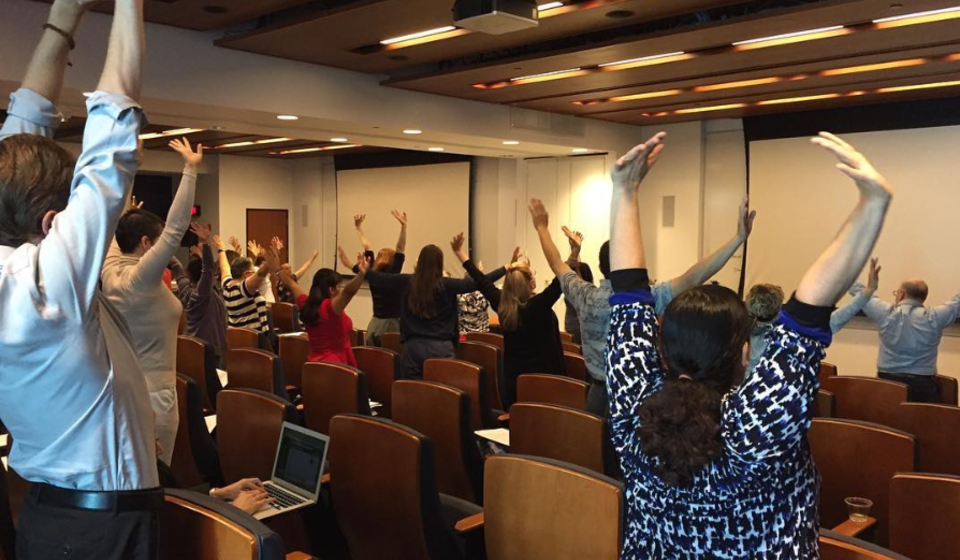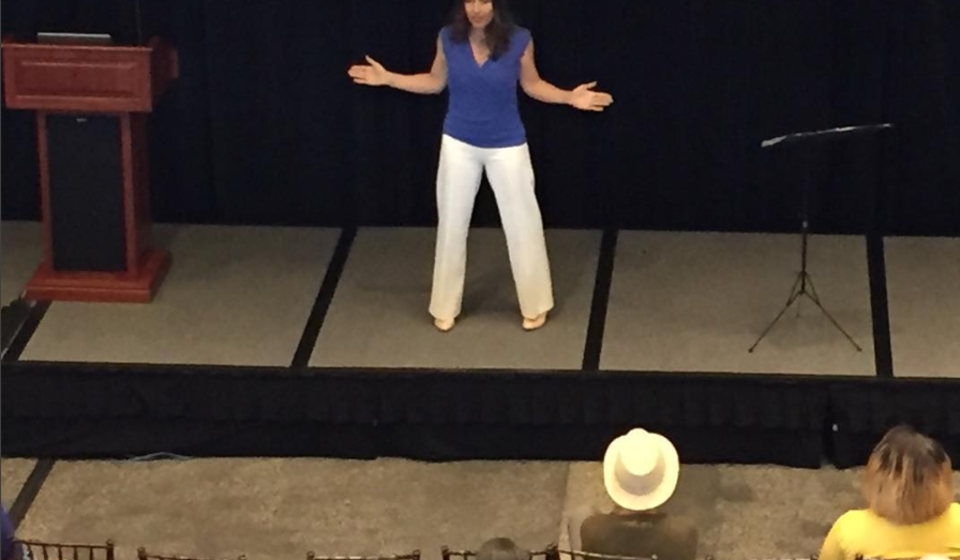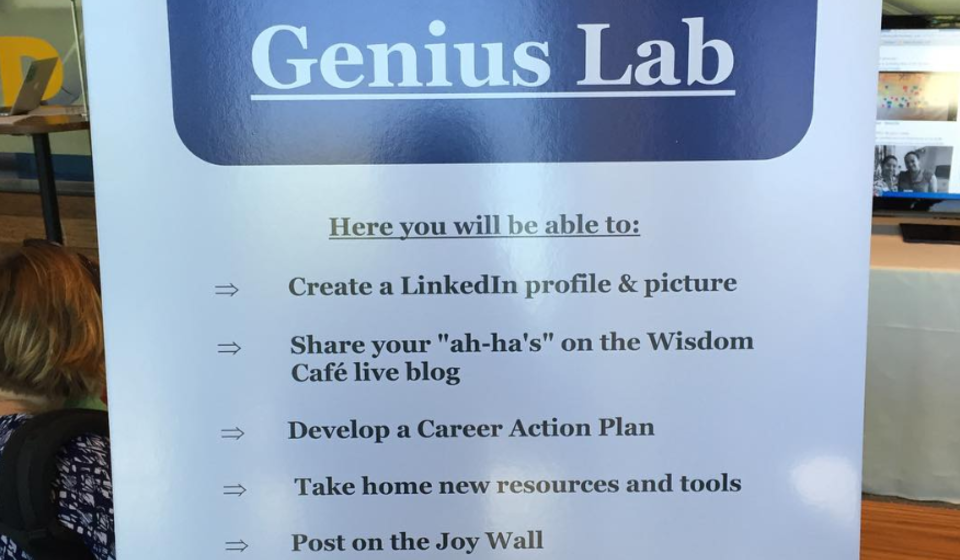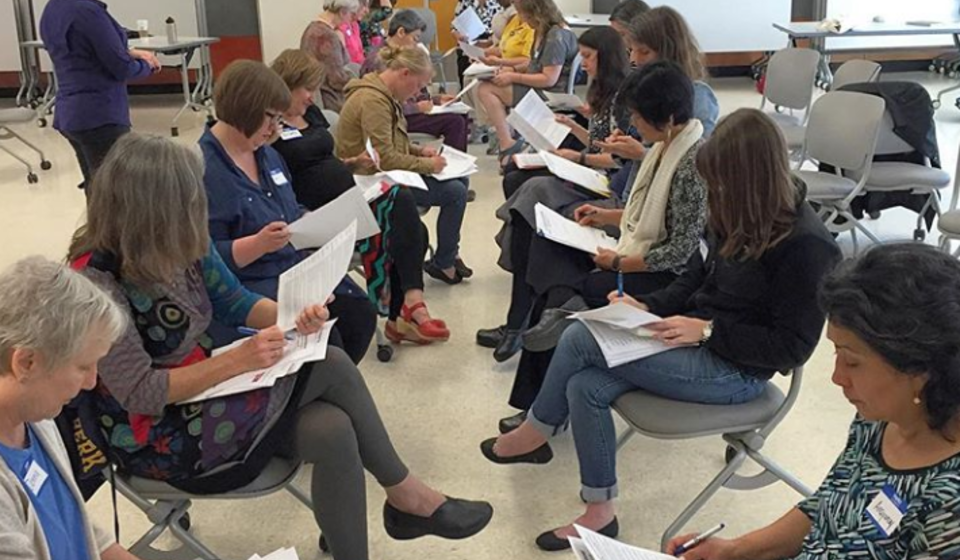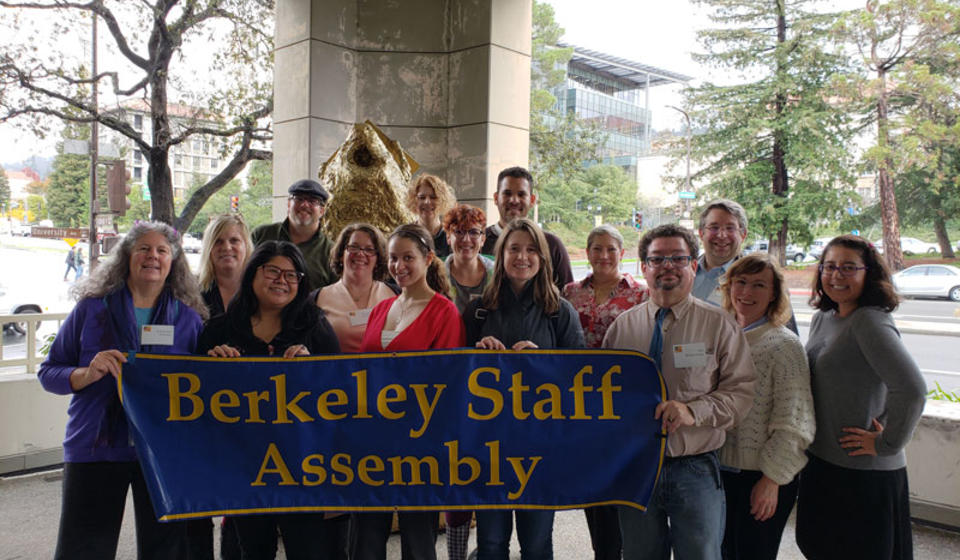What roles have you had throughout your time at Berkeley?
I’m fortunate to have had many roles during my long Berkeley career. I started working in Student Affairs and Admissions for Haas’ undergraduate program, moving from there to the College of Letters and Science as Assistant Director for Academic Advising. After 16 years in student facing roles, I became a research analyst for the central administration supporting the formal review of academic programs. In the last several years, I’ve been lucky enough to put this combined experience to use as an internal consultant and instructional designer working with the student services job family. Berkeley has been a great employer – large enough to create new opportunity on a regular basis but small enough to feel that you can make lifelong friends.
You made the jump from one field to another. What would you recommend people do if they want to do something similar?
It’s easy to tell someone to take risks and much harder to take those risks- especially if they involve the potential for “real” failure.
I took three huge risks in my career. The first was in leaving campus for two years (which provided a useful break. It also helped confirm I wanted to continue working here as compared to a corporate environment. My return helped realign my values and interests as I see access to public higher education as essential to the common good). The second was in moving from student facing work (which I loved) to becoming a research analyst (something I hadn’t done before). The third risk was in going from career to contract - which was probably the most terrifying. Not only was the leap personally difficult, the challenge was significant since I had to develop a campus-wide program from the ground up with no guarantee of continued employment. Ultimately, all of these risks paid off because they forced personal and professional growth…sometimes through pain and sometimes through joy. Try not to coast…the risks are usually worth it.
What factors do you think helped you switch positions successfully within Berkeley?
Three important things made all the difference. A single informational interview changed the entire trajectory of my career (because it led to a new role). I’ve also benefited from the care and attention of a few very special “maximizer” bosses and colleagues who were willing to grow my talent. And finally, I was always the first in line to volunteer for new projects and initiatives. Change cycles can create chaos as well as incredible opportunity. Many of my most significant career advances were made because I worked on high priority change initiatives that gave me exposure to new people and ideas, helped me demonstrate my value added, and most importantly provided an expanded understanding of how campus works. Also, don’t be afraid to speak up in meeting or walk up to a podium…this can help grow a career overnight as long you have something important to say.
How would you recommend people seek new projects if they don’t naturally have the opportunity to work on a variety of matters?
Invent them within the context of your current role. Job growth requires a rather entrepreneurial mindset. Reject the idea that you should do your job as it is expressly written in your job description. Get creative about areas where you can contribute that have not yet been determined or fully explored.
Quick example….I have a history of writing executive briefings that no one requested. Much of this advanced executive thinking surprised and delighted recipients. It has always been worth it to make the extra effort.
Any final words of wisdom to staff looking to grow their careers at UC Berkeley?
Challenge yourself. Challenge and support others. Allow others to challenge you. Trust yourself and others. Be an opportunity maker...be vulnerable. Your work life and your real life are more deeply intertwined than you think. Honor and care for both. Never a bad idea to reach out for help/advice/encouragement/partners. People will surprise you with their generosity.
One takeaway. I encourage everyone I mentor to make a dream resume…and look for the gaps. The gaps will be truly instructive and will help you start to take the baby steps needed to make that dream resume a reality.
If you’d like to advance your career with today’s methods read about the corporate lattice model- here.
Elizabeth Wilcox is the Sr. Consultant within Central Human Resources. She’s been a part of the UC Berkeley community for over 30 years. To follow up with her about her success e-mail ewilcox@berkeley.edu or connect with her on LinkedIn.
Never miss a staff profile by signing up for the Wisdom Cafe newsletter.
Know someone (including yourself!) who has changed jobs at Berkeley? E-mail us at wisdomcafe@berkeley.edu to be featured.


